Social cohesion plays a vital role in the development of communities by fostering trust, cooperation, and solidarity among members. It creates a sense of belonging and shared identity, which leads to increased collaboration, reduced conflicts, and more effective problem-solving. Strong social cohesion enhances resilience to challenges, promotes social mobility, and contributes to overall well-being and progress within the community.
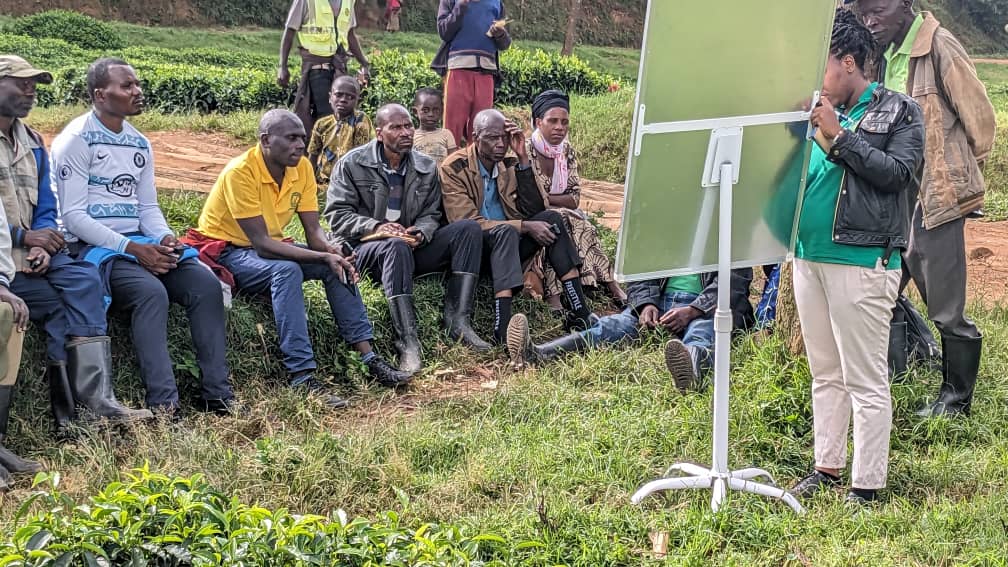
Here, people were gaining skills about how they can work together in their tea planting cooperatives .
We had an amazing occasion of sharing ideas with the farmers by considering their difficulties in their daily life of cultivation of tea .so as in our mission we had time to focus on some key pillars of social cohesion ,and back to the challenges faced by these farmers we saw the ways it can be helpful when the work together ,
In the context of Rwandan tea planting farmers, social cohesion plays a crucial role in their development in several ways:
Unity and Collaboration: When farmers feel connected and trust each other, they are more likely to work together towards common goals. This can lead to collective action, such as pooling resources for better equipment or negotiating better prices for their tea.
- .Knowledge Sharing: In cohesive communities, farmers are more willing to share information, techniques, and best practices with each other. This exchange of knowledge can lead to improved farming methods, increased productivity, and better crop yields.
- Resilience: A strong sense of community helps farmers withstand challenges and setbacks, such as natural disasters or market fluctuations. They can support each other during difficult times, share resources, and collectively find solutions to problems.
- Empowerment: Social cohesion can empower farmers, especially marginalized groups such as women or smallholders, by providing them with a platform to voice their concerns, access resources, and participate in decision-making processes within their community.
- Market Access: Cohesive communities may have better access to markets and buyers. Collective marketing efforts, negotiated as a group, can lead to better prices for tea and improved economic opportunities for farmers.
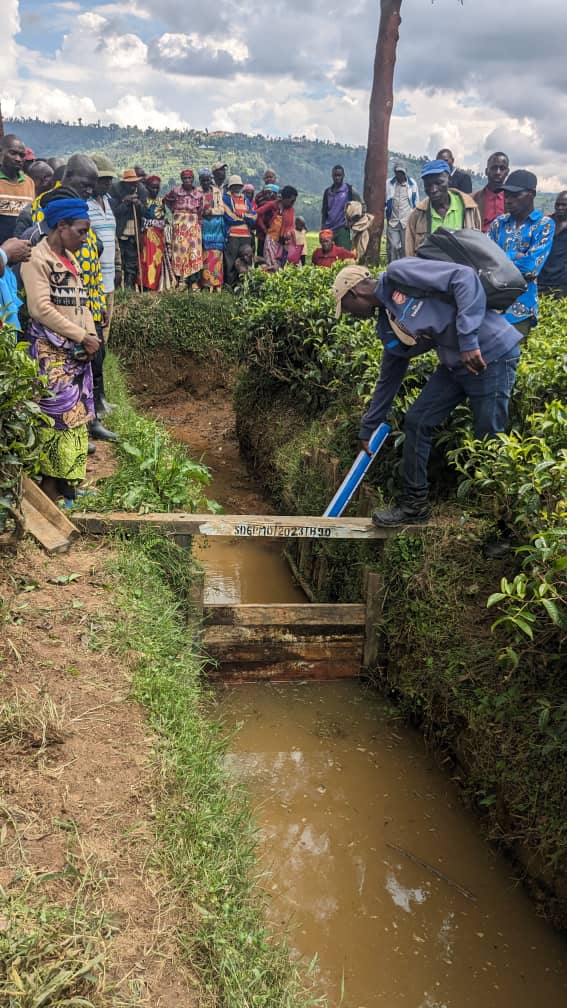
Overall, social cohesion among Rwandan tea planting farmers is not just about camaraderie; it’s a catalyst for sustainable development, fostering cooperation, resilience, and empowerment within the community.



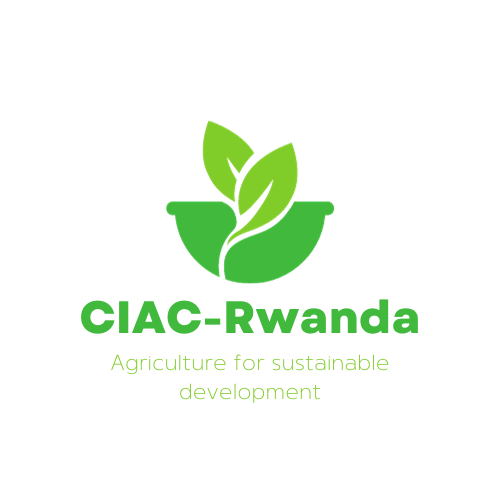
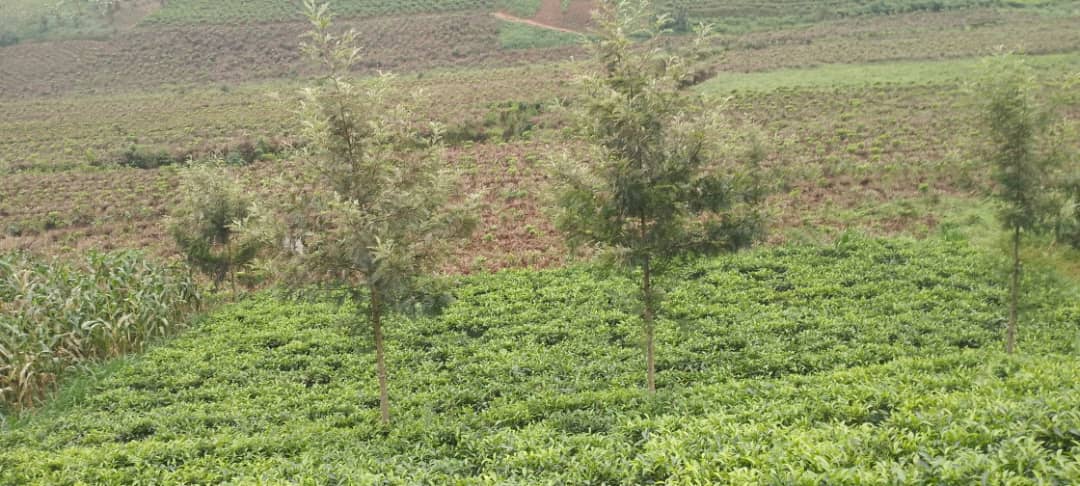
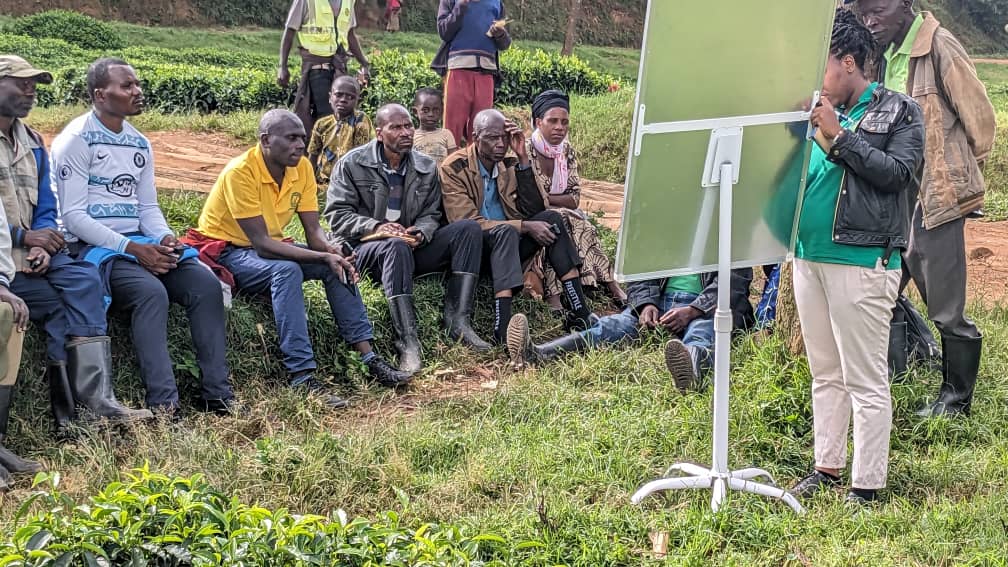

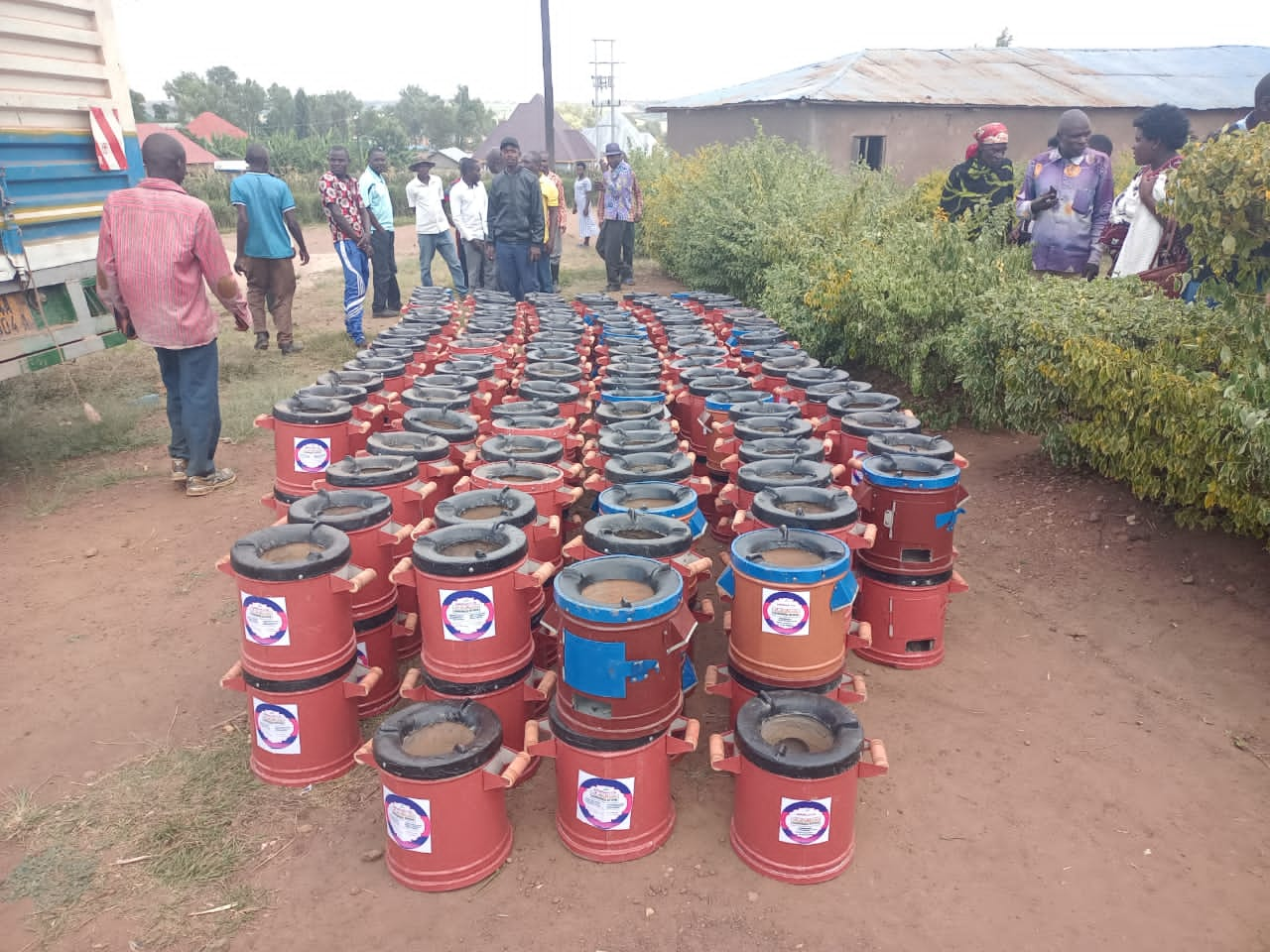
Leave a Reply